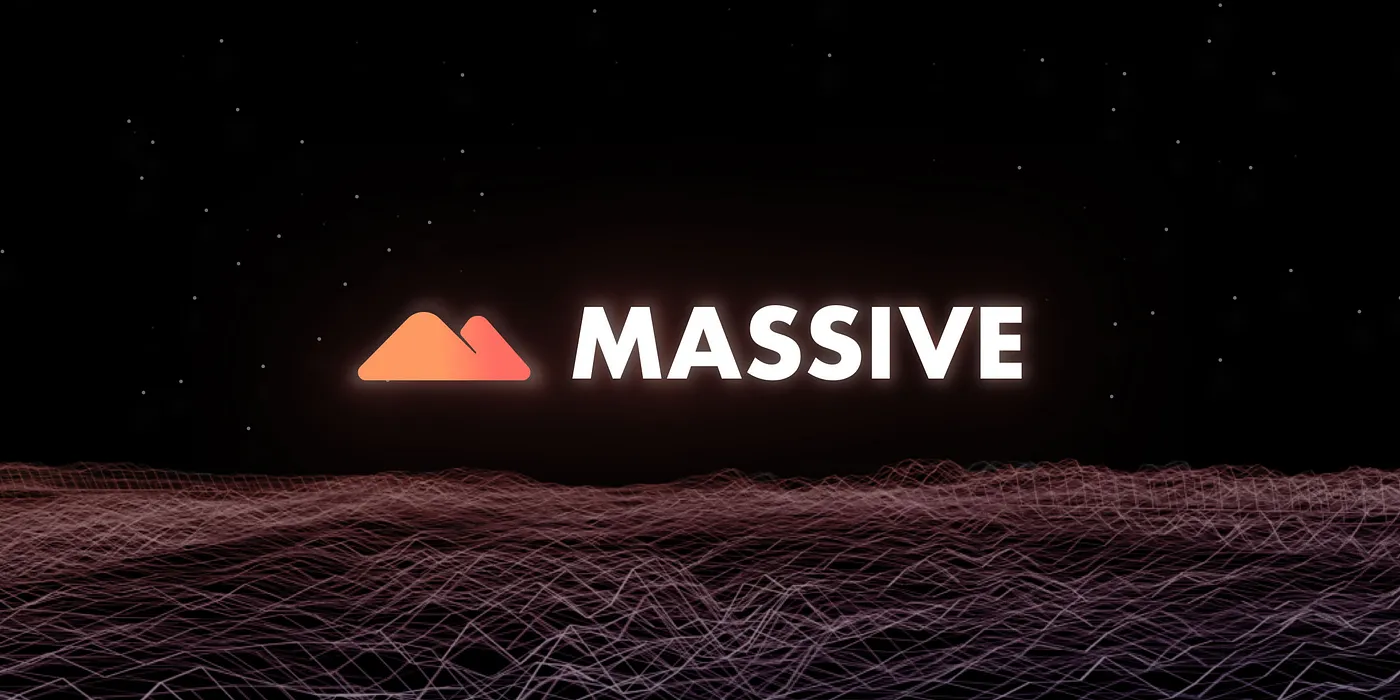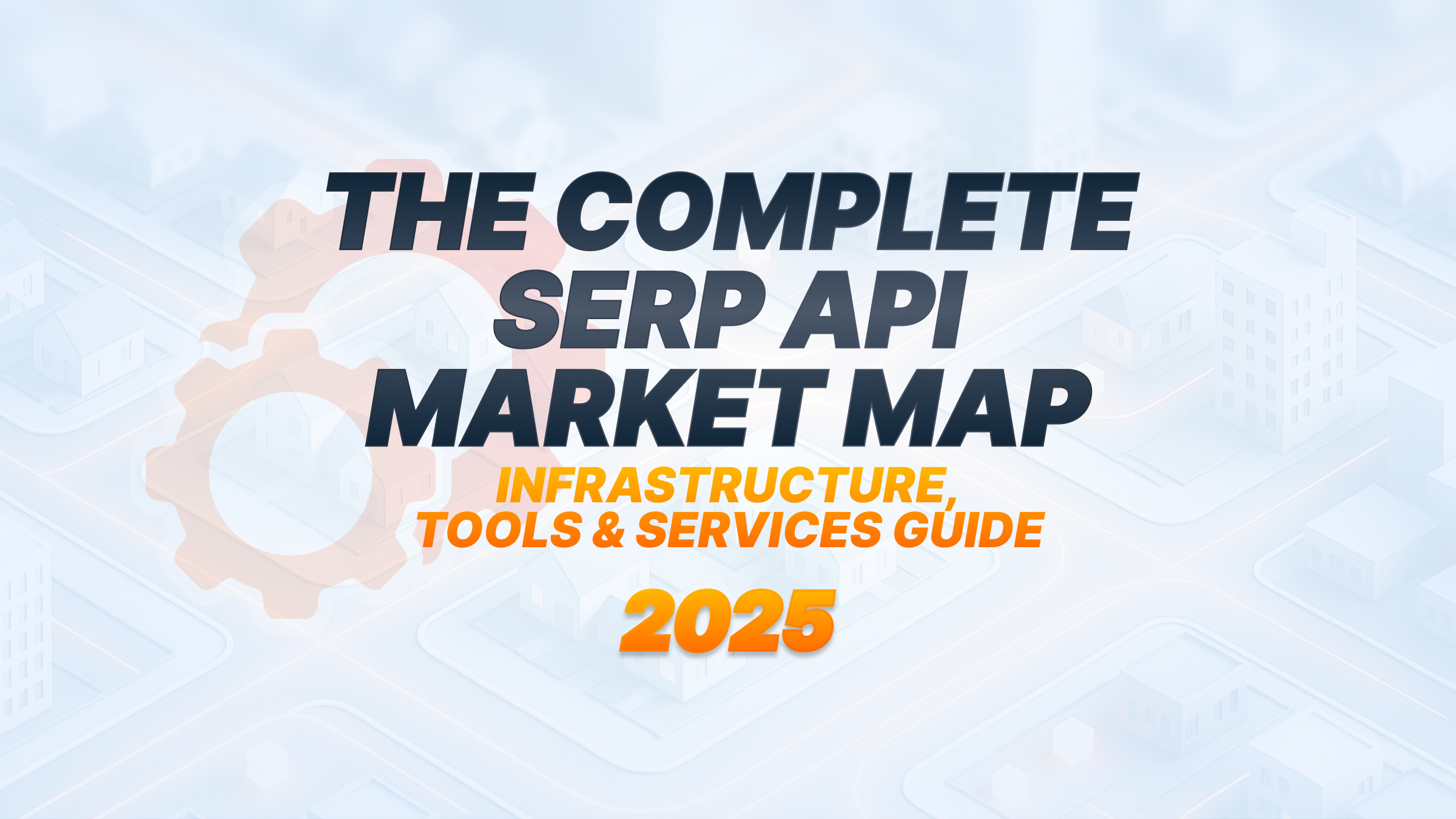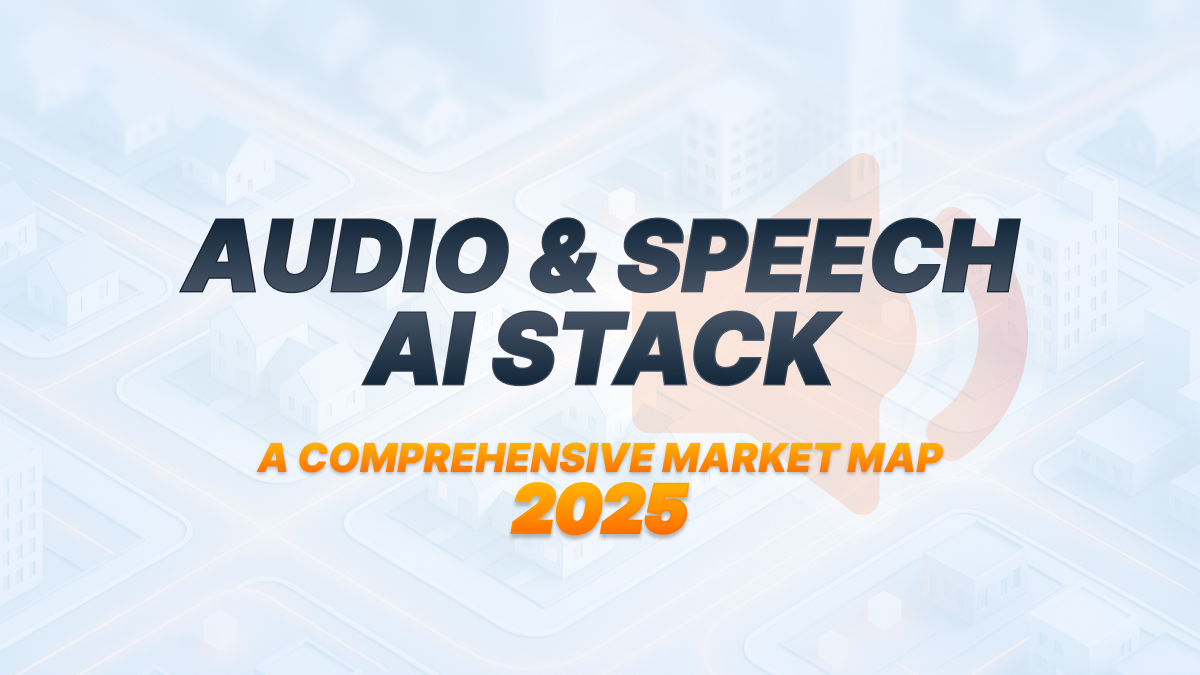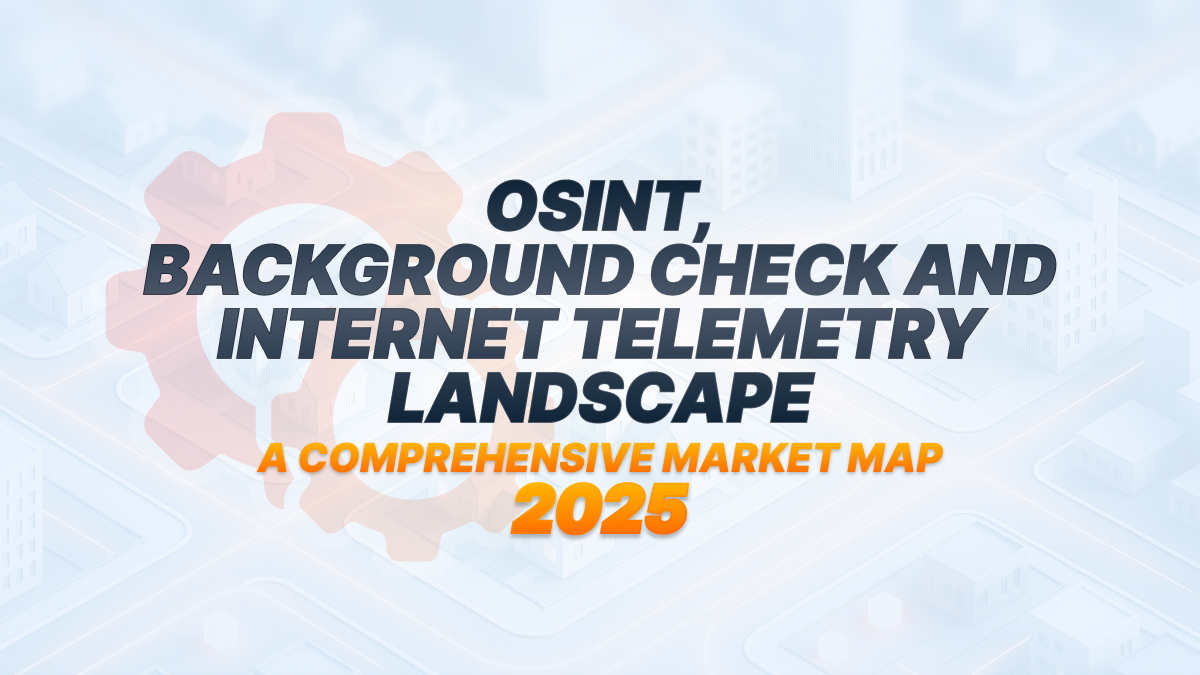2025 has quietly become one of the most transformative years in search since Google’s mobile-first era.
With AI Overviews rewriting the search experience, JavaScript rendering now required for full indexation, and the end of num=100 limiting what we can even see in the SERPs, SEO has become an engineering problem — not just a content one.
To help developers, analysts, and operators make sense of the change, we built a market map of the evolving SERP (Search Engine Results Page) ecosystem — the stack of infrastructure, APIs, and analytics tools that make visibility and measurement possible in the age of AI Search.
Why This Matters
The old SEO playbook — “write content, get links, monitor rankings” — broke in 2025.
- JavaScript Rendering Required (Jan 2025) — Google now demands fully rendered JS for ranking. Sites with blocked or inefficient JS rendering have dropped out of results entirely.
- End of the num=100 Parameter (Sep 2025) — Data visibility collapsed. Keyword tracking tools can only see the top 10 results per page. Rank monitoring and SERP research now rely on infrastructure-level scraping or APIs.
- AI Overviews (June–Oct 2025) — Search results are now summaries, not lists. Zero-click queries dominate. Schema-rich, “helpful” content and entity-level optimization define visibility.
The result: SEO became a systems discipline.
It now depends on how well you can render, collect, and interpret data across distributed infrastructure — the same stack used by data engineers, AI companies, and growth automation teams.
This guide maps the complete SERP API landscape, organizing providers by their core function and technical approach. We'll examine the infrastructure layer that powers SERP data collection, the API providers that deliver structured data, and the tools and services that transform raw SERP data into actionable insights.
The Full Map:
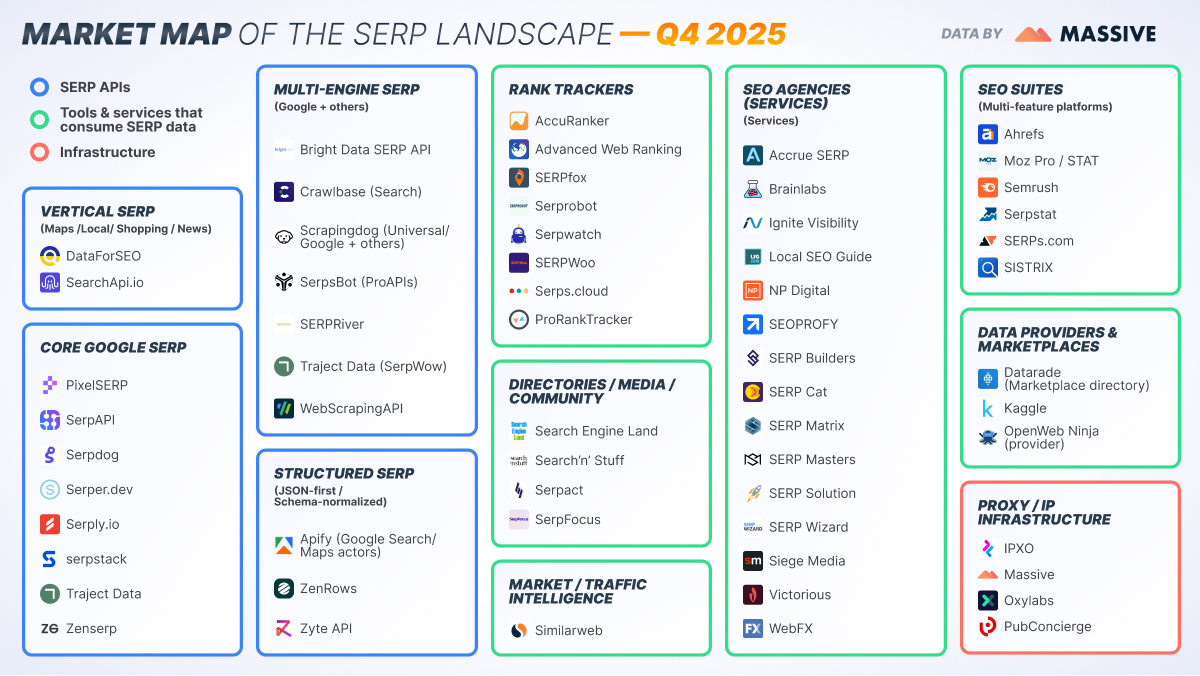
Part 1: SERP API Providers
The core of the ecosystem consists of API services that collect, process, and deliver SERP data. These providers differentiate through coverage (which search engines), data structure (raw HTML vs. parsed JSON), reliability, and pricing models.
Core Google SERP APIs
These providers focus exclusively or primarily on Google Search, optimizing for accuracy, speed, and cost-effectiveness on the world's dominant search engine.
Traject Data (Scale SERP, Value SERP) operates two distinct offerings: Scale SERP for high-volume enterprise operations and Value SERP for cost-conscious implementations. This tiered approach lets customers match service level to use case requirements.
SerpAPI pioneered the structured SERP API category and remains a market leader with extensive documentation, client libraries in multiple languages, and reliable uptime. Their API returns parsed JSON data eliminating the need for custom HTML parsing logic.
Serper.dev positions itself as a modern, developer-friendly alternative with competitive pricing and clean API design. They emphasize speed and simplicity, appealing to developers building MVPs or small-scale applications.
Serpstack from Apilayer offers straightforward Google SERP access with predictable pricing tiers. Their API focuses on organic results, ads, and knowledge panels—the core data points most applications require.
Zenserp provides real-time SERP data with a strong emphasis on accuracy and fresh results. They serve clients requiring minimal delay between query and data delivery.
Serply.io, Serpdog, and PixelSERP compete in the mid-market segment, balancing features and pricing for small to medium-sized operations. Each differentiates through specific features like batch processing, historical data access, or specialized result types.
Multi-Engine SERP APIs (Google + Others)
Some use cases require data beyond Google—monitoring Bing rankings, tracking DuckDuckGo visibility, or analyzing search engine diversity. These providers deliver multi-platform coverage.
Traject Data (SerpWow) extends Traject's portfolio with multi-engine support, maintaining their emphasis on reliability and enterprise-grade infrastructure.
WebScrapingAPI bundles SERP access with general web scraping capabilities, providing a unified platform for teams collecting diverse data types beyond search results.
Bright Data SERP API leverages Bright Data's massive proxy network to deliver global SERP data across multiple search engines. Their enterprise focus means robust infrastructure but premium pricing.
Crawlbase (Search) combines SERP APIs with crawling infrastructure, serving teams that need both search data and deep website content extraction.
Scrapingdog offers both Universal SERP (multi-engine) and Google-specific endpoints, providing flexibility as requirements evolve. Their pricing structure accommodates varying volume needs.
SerpsBot (ProAPIs) and SERPRiver target agencies and SEO professionals needing multi-engine monitoring without enterprise budgets, competing on price and ease of integration.
Vertical SERP APIs (Maps / Local / Shopping / News)
Generic SERP APIs return standard organic results, but specialized verticals require different parsing logic and data structures. These providers focus on specific SERP types.
DataForSEO excels in comprehensive vertical coverage including Google Maps, Shopping, News, and Images. Their detailed schema definitions and extensive parameter options serve advanced use cases requiring granular control.
SearchApi.io specializes in Google Maps and Local Pack data, critical for local SEO monitoring and business listing management. They parse complex local SERP features into clean, actionable data structures.
Structured SERP APIs (JSON-first / Schema-normalized)
While many APIs return parsed data, these providers emphasize rigorous schema design, versioning, and data consistency—critical for applications with strict data contract requirements.
Zyte API (formerly Crawlera/Splash) brings enterprise web scraping expertise to SERP data, offering advanced extraction rules and data validation. Their platform handles complex JavaScript rendering and anti-bot challenges transparently.
Apify provides SERP access through pre-built actors (serverless functions) for Google Search and Google Maps. This approach lets developers leverage community-built extraction logic while maintaining flexibility to customize behavior.
ZenRows delivers structured SERP data optimized for developer experience, with emphasis on predictable JSON schemas that minimize parsing errors downstream.
Part 2: Tools & Services That Consume SERP Data
SERP APIs enable a vast ecosystem of tools that transform raw search data into business value. These applications serve different segments of the SEO market.
Rank Tracking Tools
Rank trackers monitor keyword positions over time, providing the fundamental metric SEO professionals use to measure success. These tools consume massive volumes of SERP data daily.
SERPWoo provides visual rank tracking with emphasis on identifying ranking fluctuations and competitor movements. Their interface highlights actionable changes requiring attention.
Serpwatch offers streamlined rank tracking for small businesses and individual SEO professionals, balancing features with affordability.
SERPfox, Serprobot, and Serps.cloud compete in the mid-market rank tracking space, each differentiating through specific features like white-label reporting, API access, or integration capabilities.
Advanced Web Ranking serves enterprise clients with extensive keyword portfolios, providing granular segmentation, custom reporting, and multi-user team features.
ProRankTracker emphasizes accuracy and frequency, offering multiple daily updates and location-specific tracking at city and ZIP code levels.
Comprehensive SEO Suites
Full-featured SEO platforms integrate rank tracking with site audits, backlink analysis, keyword research, and competitive intelligence. SERP data forms just one component of these comprehensive toolsets.
Semrush leads the market with the broadest feature set spanning SEO, content marketing, competitive research, and PPC intelligence. Their SERP tracking covers 130+ million keywords with daily updates.
Ahrefs built its reputation on backlink analysis but now provides complete SEO capabilities including rank tracking, keyword research, and content analysis. Their index rivals Google's scale.
Serpstat positions as an all-in-one SEO platform emphasizing affordability for mid-market customers. They integrate SERP tracking with site audits and competitor analysis.
SISTRIX dominates the European market with visibility indices and comprehensive ranking data across multiple countries. Their long historical data sets enable trend analysis spanning years.
Moz Pro / STAT combines Moz's domain authority metrics with STAT's enterprise rank tracking platform. STAT serves Fortune 500 clients monitoring hundreds of thousands of keywords.
SERPs.com provides SERP analysis and rank tracking with emphasis on accuracy and frequent updates, serving SEO agencies and in-house teams.
Market and Traffic Intelligence
Beyond ranking positions, understanding traffic share and market dynamics requires aggregated SERP data at massive scale.
Similarweb analyzes traffic patterns across millions of websites, incorporating search traffic estimates derived from SERP positions and click-through rate modeling. Their intelligence informs strategic decisions around market entry and competitive positioning.
Data Providers and Marketplaces
Some organizations provide SERP data directly or connect buyers with specialized providers.
OpenWeb Ninja operates as a data provider offering custom SERP datasets for research, machine learning, and competitive analysis. Their service appeals to data scientists and researchers requiring bulk historical data.
Datarade functions as a marketplace directory connecting data buyers with providers across categories including SERP data. They help organizations discover appropriate vendors for specific requirements.
Kaggle serves as both a data science community and dataset repository, hosting publicly available SERP datasets for research and model training. Data scientists and machine learning engineers frequently use Kaggle's SERP datasets for building ranking prediction models, understanding search behavior patterns, and training natural language processing systems on search query data.
Part 3: Directories, Media & Community Resources
Industry education, vendor discovery, and community knowledge-sharing play critical roles in helping practitioners navigate the SERP ecosystem.
SerpFocus operates as a directory and community hub specifically focused on SERP tools and SEO technology. They provide vendor comparisons, tool reviews, and educational content helping practitioners evaluate solutions.
Serpact functions as both an educational resource and community platform covering SERP analysis methodologies, SEO strategies, and tool evaluation frameworks. Their content helps agencies and in-house teams stay current with evolving SERP features.
Search Engine Land stands as one of the search marketing industry's most authoritative publications, covering algorithm updates, SERP feature changes, and industry trends. Their reporting on Google updates and SERP evolution directly impacts how practitioners approach rank tracking and SEO strategy.
Search'n' Stuff (searchnstuff.co.uk) provides UK-focused SEO community content, tools, and industry commentary. Their coverage includes SERP analysis, local SEO trends, and practical guidance for SEO professionals operating in European markets.
These community resources complement commercial tools by providing independent analysis, industry news, and practitioner perspectives that inform tool selection and strategy development.
Part 4: SEO Agencies and Service Providers
Many businesses outsource SEO execution to agencies that leverage SERP APIs and rank tracking tools as part of their service delivery.
Full-Service Digital Marketing Agencies
WebFX serves enterprise and mid-market clients with comprehensive digital marketing including SEO, PPC, and web development. They use proprietary tools built on SERP APIs for client reporting.
Ignite Visibility provides performance-driven SEO with emphasis on measurable ROI, leveraging SERP tracking data to demonstrate value and guide strategy.
Victorious specializes in organic search growth for enterprise clients, using sophisticated SERP analysis to identify opportunities in competitive markets.
SEOPROFY focuses on technical SEO and comprehensive site optimization, using SERP data to prioritize improvements with highest impact.
NP Digital (Neil Patel's agency) combines content marketing with technical SEO, serving clients across industries with data-driven strategies informed by SERP trends.
Siege Media built its reputation on content-driven SEO, using SERP analysis to identify content gaps and opportunities for clients in competitive verticals.
Brainlabs operates as a performance marketing agency with strong SEO capabilities, leveraging SERP intelligence for both organic and paid search optimization.
Local SEO Guide specializes in local search optimization, providing training, consulting, and done-for-you services for businesses targeting geographic markets. Their expertise in Google Maps, Local Pack rankings, and location-based SERP features makes them the go-to resource for multi-location businesses and local SEO practitioners.
SERP-Specialized Agencies
Several agencies position explicitly around SERP expertise, as evidenced by their naming:
Serpact, SERP Matrix, SERP Wizard, SERP Masters, SERP Builders, Accrue SERP, SERP Solution, and SERP Cat all emphasize search results page optimization as their core competency. These agencies typically serve clients in highly competitive industries where small ranking improvements deliver significant revenue impact.
Part 5: Infrastructure Layer
Proxy and IP Infrastructure
Reliable SERP data collection requires clean, diverse IP addresses. Search engines implement sophisticated bot detection and rate limiting, making proxy infrastructure a non-negotiable component for any serious SERP API operation. The quality and sourcing methodology of your proxy provider directly impacts data accuracy, collection success rates, and compliance posture.
Massive provides ethically-sourced residential and mobile proxies through SDK-based IP acquisition, offering AppEsteem certification—a critical differentiator for compliance-focused organizations. Massive maintains consistent pricing across all countries, with proxies starting at $80 per 10 GB. This transparent, location-agnostic pricing model eliminates geographic surcharges and makes it easier for developers and businesses to budget for multi-country SERP collection operations.
Oxylabs operates as one of the largest proxy providers globally, offering residential, datacenter, ISP, and mobile proxies at enterprise scale. Their extensive IP pool spans 195+ locations, serving Fortune 500 companies with demanding volume and reliability requirements. Oxylabs provides dedicated account management and custom infrastructure solutions for large-scale SERP operations.
IPXO operates as an IP address marketplace and lease platform, connecting organizations with unused IPv4 space to those needing legitimate IPs for data collection. This approach appeals to large-scale operations requiring stable, long-term IP access with verifiable ownership chains.
PubConcierge focuses on residential proxy solutions with emphasis on compliance and legitimate use cases, serving enterprise clients with stringent requirements around IP reputation and sourcing transparency. Their service targets organizations in regulated industries where data collection methodology must withstand legal scrutiny.
The choice between these providers depends on your scale, compliance requirements, and geographic needs. Enterprise operations typically require the volume and support of providers like Oxylabs, while growing businesses often find better value in transparent, usage-based models like Massive's. Organizations with specific IPv4 requirements may explore IPXO's marketplace approach.
How to Choose the Right SERP Solution
Selecting appropriate tools from this ecosystem depends on your specific requirements:
For Building Applications:
- Start with infrastructure layer decisions (cloud runtime, proxy providers)
- Choose SERP APIs based on coverage needs (Google-only vs. multi-engine)
- Evaluate structured vs. raw HTML based on parsing capabilities
- Consider managed orchestration if you lack DevOps resources
For SEO Monitoring:
- Small businesses: Consider focused rank trackers (Serpwatch, SERPfox)
- Agencies: Evaluate comprehensive suites (Semrush, Ahrefs) with client reporting
- Enterprises: Look at enterprise platforms (STAT, Advanced Web Ranking) with API access
For Market Research:
- Use vertical SERP APIs (DataForSEO) for specialized data types
- Consider traffic intelligence platforms (Similarweb) for broader market context
- Evaluate data providers (OpenWeb Ninja) for custom datasets
Infrastructure Considerations:
Regardless of your use case, reliable proxy infrastructure remains essential for SERP data collection. Solutions like Massive provide the IP diversity and ethical sourcing needed for compliant, large-scale operations. When evaluating proxy providers, consider:
- IP sourcing methodology and ethics
- Geographic coverage matching your target markets
- Pricing structure (usage-based vs. subscription)
- Compliance certifications (AppEsteem, regulatory frameworks)
Market Trends and Future Directions
The SERP API market continues evolving with several notable trends:
- Increased Specialization: Providers increasingly focus on specific verticals (local, shopping, news) rather than generic SERP coverage, reflecting the growing complexity of search results pages.
- AI Integration: Newer platforms incorporate machine learning for data extraction, anomaly detection, and predictive analytics, transforming raw SERP data into actionable intelligence.
- Real-Time Requirements: As search results become more dynamic, demand grows for real-time or near-real-time SERP data rather than daily batch updates.
- Multi-Source Intelligence: Leading platforms increasingly combine SERP data with traffic analytics, backlink data, and content performance metrics into unified dashboards.
- Compliance and Ethics: Growing regulatory scrutiny around data collection drives demand for transparently-sourced infrastructure and compliant collection methodologies.
Final Take
Search is no longer static.
It’s dynamic, distributed, and deeply technical.
Understanding the SERP landscape isn’t about chasing algorithms — it’s about mastering the infrastructure that interprets them.
🚀 If your company operates anywhere in this stack, reach out.
We’re mapping, benchmarking, and collaborating with builders across this ecosystem to make search more transparent, measurable, and reliable for everyone.

I’m an experienced Business Development and Sales Specialist turned Product Manager. Raising Happy Clients, One Proxy at a Time
